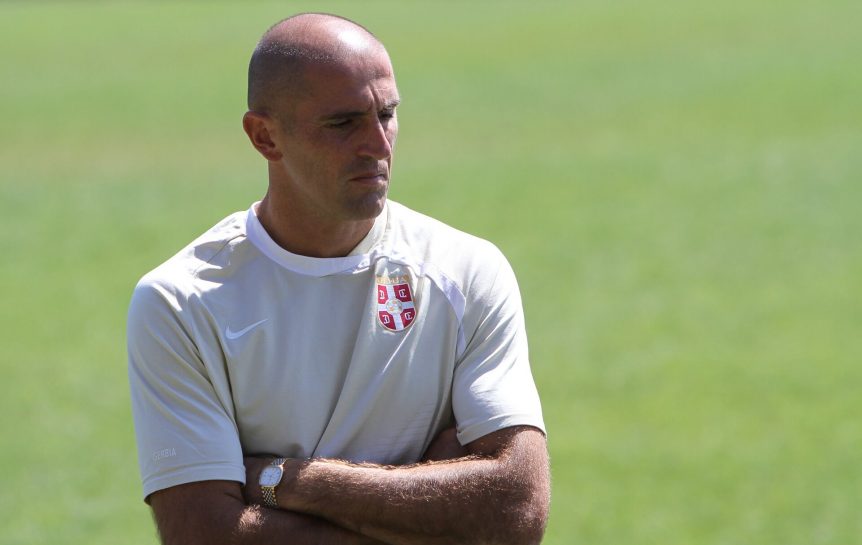Undergraduate perspective on Sport & Exercise Medicine – a BJSM blog series
By Johnson Pok-Him Tam (@tamph4) and Manroy Sahni (@manroysahni)
Elite sport is results driven. Each generation of new athletes is pushing themselves to new limits, to reach new heights and eclipse records set by their predecessors. But what impact can this constant cauldron of pressure and expectation have on the mental health of a young athlete? Are young athletes speaking out when they need help? And what help is available?
Elite young athletes have daily gruelling training regimes to help reach the potential suggested by their outstanding natural talent. To achieve these goals, they are usually guided by an expert coach, medical team and close family and friends[i]. This network is intended to be a support system in both a sporting and an emotional sense. However, at times it can contribute to a high level of expectation placed on the shoulders of young sports stars.
Determining the burden of mental health issues in sport can be difficult. Especially considering the (1) stigma associated with speaking out given the sporting culture in which professional athletes are enmeshed (read past blog in link for more), as well as (2) the research suggesting a positive association of physical activity on the prevention and treatment of mental health issues.[ii]An American study found 21.4% of elite athletes, compared to 29.2% of the general public of the same age (18-25 years old) reported clinical symptoms of depression[iii]. This is in stark contrast to other reports indicating similar or higher levels of mental health issues in young elite athletes when compared to the general population[iv]. To help shed light on the important issue of young athletes and mental health, this blog identifies:
• common risk factors for young athletes developing mental health issues,
• coping strategies, and;
• potential barriers when seeking professional help.
Common risk factors
Common risk factors for developing mental health problems can be categorised into intrinsic and extrinsic factors. Some elite young athletes have an exclusively athletic identity of self-worth, which is often dependent on their performance. If they perform below expectation, their perception of self-worth and esteem can decrease and lead to potential mental health issues[v]. It is common for an elite young athlete to develop a perfectionist personality due to the constant pursuit of superior performance both at training and competition, which often leads to extra anxiety, stress, depression and fatigue[vi],[vii]. These “optimum” levels of physical activity can improve mental health, however, at an elite level can also compromise mental health due to overtraining, injuries and excessive pressure on the athlete[viii].
Parents and coaches have a fundamental impact on a young athlete’s well-being[ix]. Dunn et al.[x] concludes that parental pressure increased negative stress and decreased motivation for their child athlete. Almost one-third of parents reported to give negative verbal comments to their young athletes, thus increasing the possibility of psychological stress and burnout[xi],[xii]. Alexander et al.[xiii] found that more than one third of young elite athletes reported emotional harm due to their coaches, from actions such as shouting, negative comments about their performance and attempts to intimidate.
Coping strategies
Methods do exist to potentially reduce mental health problems in elite young athletes. For example, athletes should develop a coping mechanism for stress with their coaches and parents. This can include (1) thought control, (2) relaxation, (3) mental development and (4) help seeking— all of which positively improve objective and subjective achievement, whilst decreasing the risk of mental health injury[xiv],[xv]. Parents and coaches are encouraged to comment on the athlete’s attitude and effort, rather than performance[xvi].
Barriers to seeking help
Negative attitude and stigma are two of the biggest barriers faced by young athletes when looking for help. Young people in general are reluctant to admit their mental health issues and studies have shown young athletes have a bigger reluctance than non-athletes when seeking help[xvii],[xviii]. In a survey[xix] of top college athletes, the most common reason for not seeking help was to avoid any ‘personal discomfort’ and others felt there was ‘no need’ for professional help.
In conclusion, mental health issues in elite young athletes are common. Maintaining an athlete’s “super human” identity as well as pressure from parents and coaches are all contributing factors. Steps for the future are to ensure that all young athletes have personalised coping mechanisms to deal with stress and feel confident and comfortable to ask for help.

